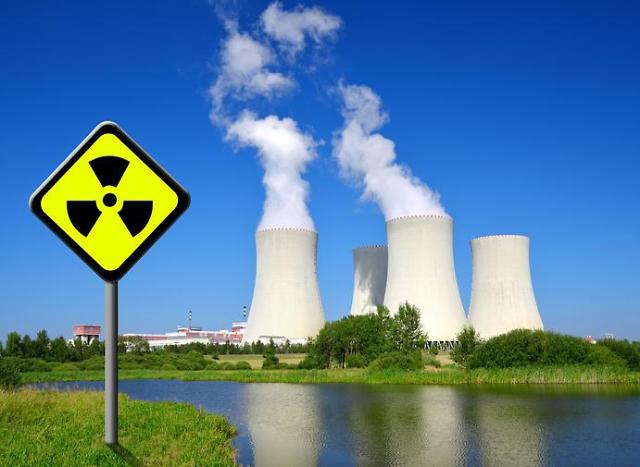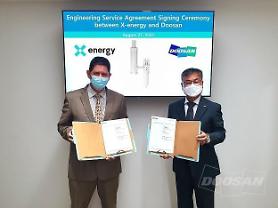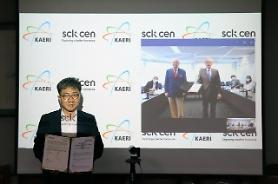
[Gettyimages Bank]
As a nuclear accord between Washington and Seoul effectively restricts the development of reprocessing facilities to acquire enriched uranium as fuel, South Korea has conducted research into "pyroprocessing," an unverified technology that has been considered largely proliferation-resistant since the product is thermally and radioactively far too hot to use for a weapon.
The Ministry of Science and ICT said in a statement on September 29 that a nine-member review committee was allowed to resume suspended activities, weeks after Seoul and Washington endorsed the results of a 10-year joint study by research bodies on the combination of pyroprocessing and a sodium-cooled fast reactor (Pyro-SFR). The study recommended follow-up research for the commercialization of Pyro-SFR.
SFR is a fast neutron reactor cooled by liquid sodium. Sodium's chemical reactivity requires special precautions to prevent and suppress fires. If sodium comes into contact with water it reacts to produce sodium hydroxide and hydrogen, and the hydrogen burns in contact with air.
Used nuclear fuel is kept in onsite interim storage facilities. The storage consists of two phases: wet storage and dry storage. Spent fuel rods are first kept in storage pools of water, which provide cooling and shielding against radiation. After 7 to 10 years in wet storage, they can be transferred to dry storage such as concrete canisters, modular air-cooled canister storage (MACSTOR) units and dry storage containers.
South Korea runs 24 nuclear reactors. President Moon Jae-in has announced his "nuclear-exit" policy of phasing out nuclear power plants. Government data released in 2018 showed that South Korea needs a total cost of some 100.6 trillion won to seal reactors and manage spent fuel and radioactive waste.
Nuclear power plant operators want a quick solution to piles of spent fuel rods. But there has been no clear answer from policymakers to address concerns about the management of spent fuel, which has been a stringent issue due to tight restrictions by Washington which has insisted that wider concessions on reprocessing could complicate efforts to denuclearize the Korean peninsula. South Korea has been on watch by the nonproliferation community because of its covert nuclear program in the 1970s.
Copyright ⓒ Aju Press All rights reserved.


![[FOCUS] Environmental activists oppose development of advanced small modular reactors](https://image.ajunews.com/content/image/2021/06/18/20210618093752767200_278_163.jpg)
